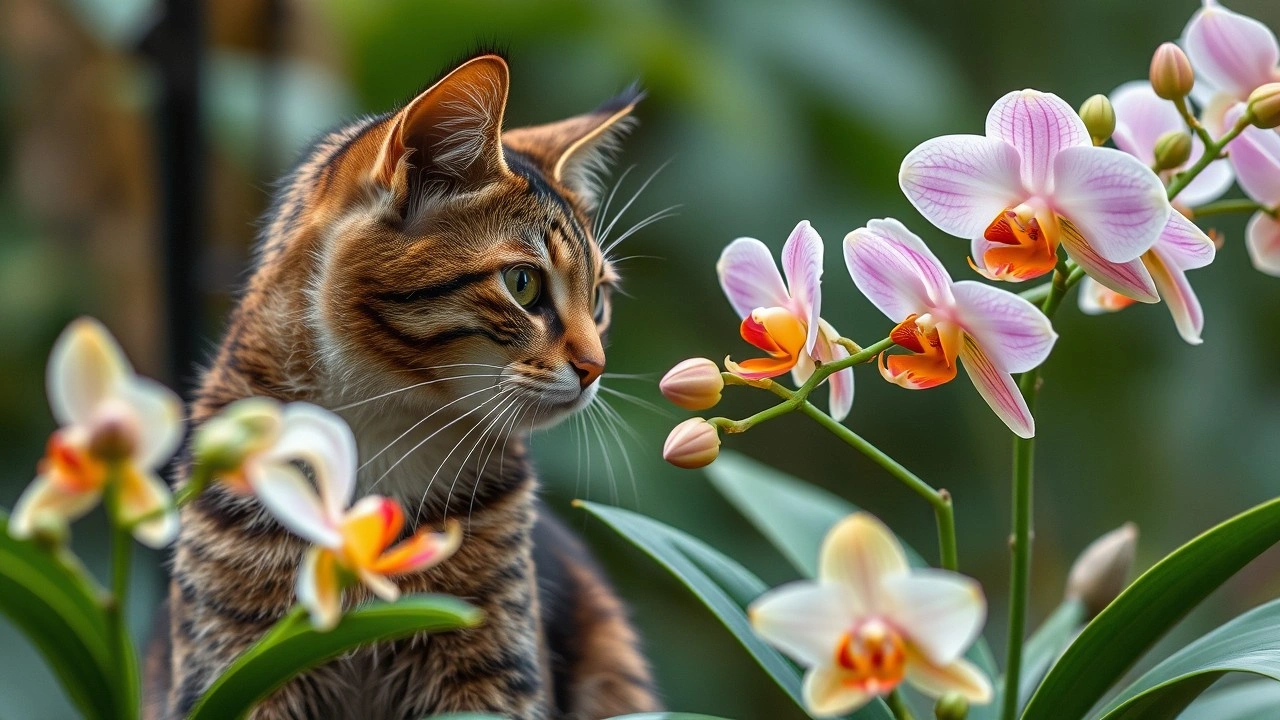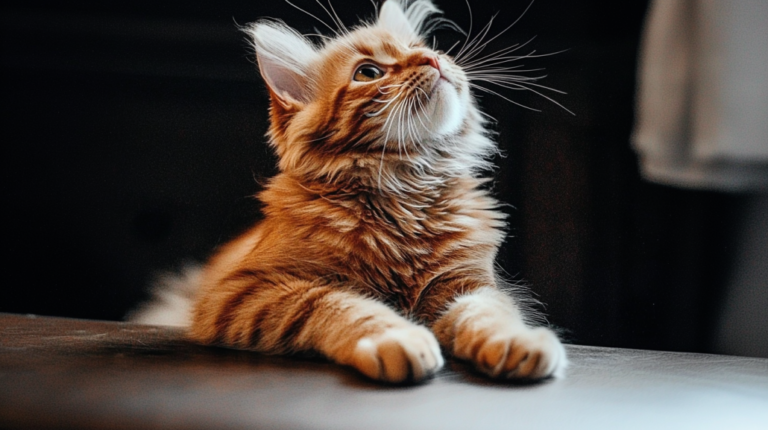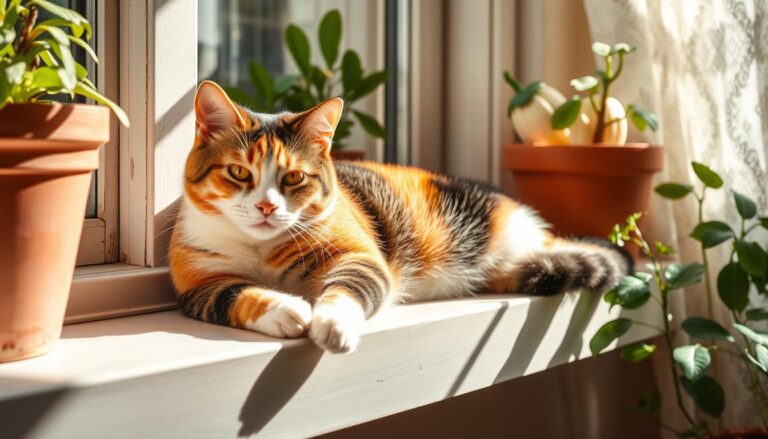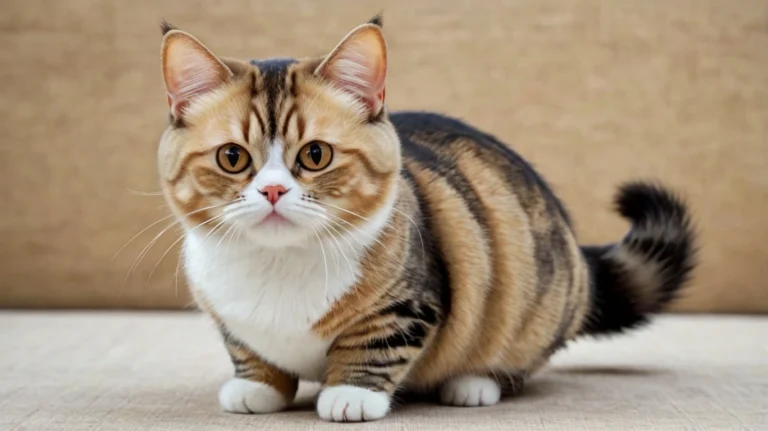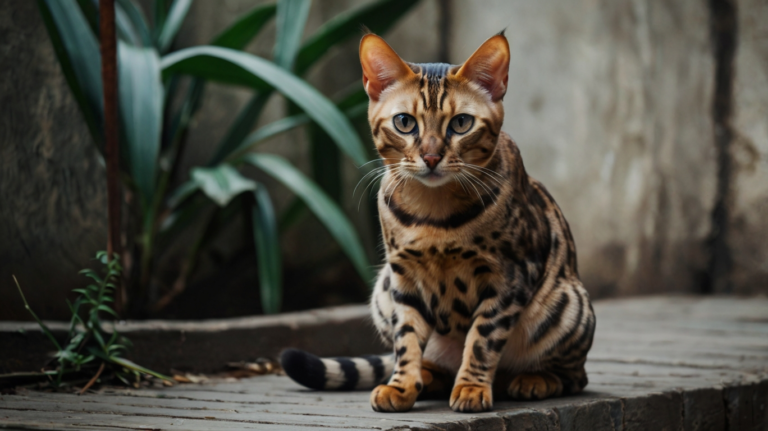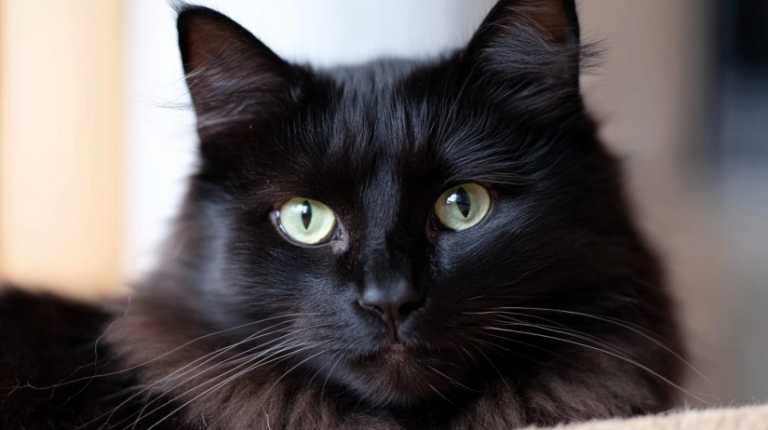Are orchids poisonous to cats and how to keep them safe.
Orchids are a beautiful choice for home decor, but they can be a worry for pet owners, especially cat owners. It’s important to know if these flowers are safe for your cat. We’ll look into the risks orchids can pose to cats and give tips to keep your pet safe.
Table of Contents
Understanding the Dangers of Orchids for Felines
Orchids can be dangerous for cats. These plants have toxic compounds that can harm curious felines. Knowing the risks helps keep your cat safe.

Identifying Toxic Plant Species
Not all orchids are toxic. But some, like:
- Phalaenopsis (Moth Orchid)
- Dendrobium Orchids
- Oncidium (Dancing Lady Orchid)
- Cymbidium Orchids
These orchids have calcium oxalate crystals. These can cause irritation and inflammation in cats. This can lead to unpleasant symptoms.
Common Symptoms of Orchid Poisoning in Cats
Watch for these signs if your cat eats an orchid:
- Excessive drooling or vomiting
- Difficulty swallowing or breathing
- Lethargy and decreased appetite
- Inflamed and irritated mouth, tongue, and throat
- Gastrointestinal distress, such as diarrhea or constipation
If you see these symptoms, get vet help fast. It can avert serious health risks and possibly death..
| Orchid Species | Toxic Compounds | Symptoms in Cats |
| Phalaenopsis (Moth Orchid) | Calcium oxalate crystals | Irritation, inflammation, vomiting, difficulty swallowing |
| Dendrobium Orchids | Calcium oxalate crystals | Irritation, inflammation, gastrointestinal distress |
| Oncidium (Dancing Lady Orchid) | Calcium oxalate crystals | Oral irritation, difficulty breathing, lethargy |
| Cymbidium Orchids | Calcium oxalate crystals | Vomiting, diarrhea, decreased appetite |
Keep your cat safe from orchids. Knowing the risks helps protect them. Always put your cat’s health first.
The Allure of Orchids and Their Potential Risks
Orchids are loved for their beautiful blooms and wide variety. They create a graceful and colorful atmosphere in any room. But, they can be risky for pet owners, especially those with curious orchid cats.
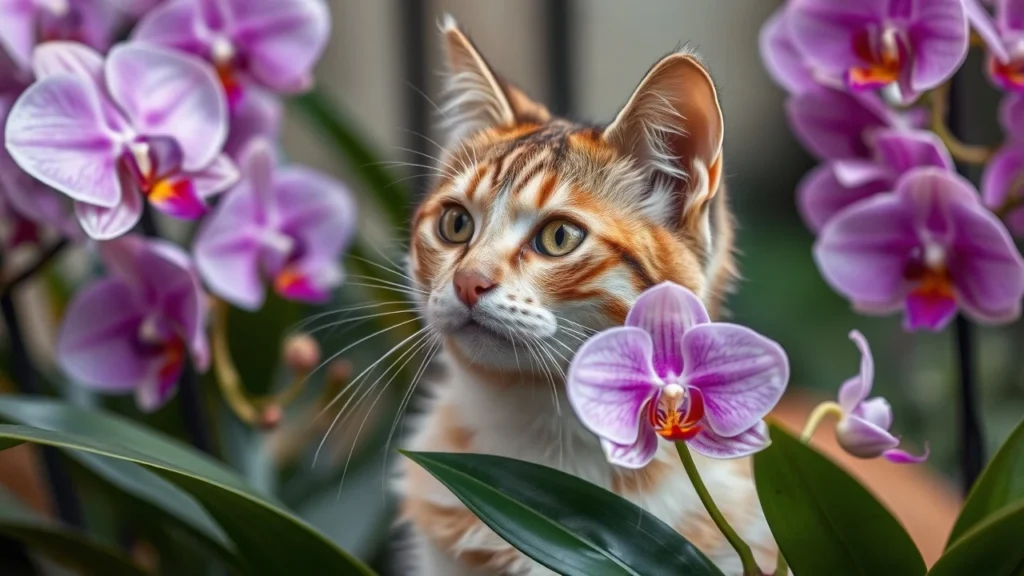
Many orchid types are toxic to cats. Cats might be attracted to the flowers, which can be dangerous. This can cause stomach problems or worse.
To keep your orchid cats safe, learn about the orchids you want. Some, like Phalaenopsis or Cymbidium, are more dangerous. Others might be safer.
| Orchid Variety | Toxicity Level for Cats |
| Phalaenopsis (Moth Orchid) | Highly Toxic |
| Cymbidium (Boat Orchid) | Moderately Toxic |
| Dendrobium | Relatively Safe |
Knowing the risks helps you keep your pets safe. You can still enjoy orchids while protecting your orchid cats. With the right choices and care, your home can be both beautiful and safe for your pets.
Are Orchids Toxic to Cats?
As cat owners, we worry about our pets’ safety around household plants. The question about orchids is common: are orchids toxic to cats? The answer might surprise you.
Analyzing the Safety of Popular Orchid Varieties
Orchids’ toxicity can differ by species. Some are safe for cats, while others are dangerous. Let’s explore the safety of popular orchid types:
- Phalaenopsis (Moth Orchid): These elegant orchids are generally considered non-toxic to cats and dogs. They’re a safer choice for homes with pets.
- Dendrobium: This large genus includes several toxic species to cats, like Dendrobium nobile and Dendrobium phalaenopsis. Ingestion can lead to stomach upset and other serious symptoms.
- Oncidium (Dancing Lady Orchid): Known for their vibrant blooms, Oncidium orchids are also deemed potentially toxic to cats. They should be kept out of their reach.
- Cymbidium: These hardy orchids are generally considered non-toxic to cats. They’re a safer option for cat-friendly homes.
Even if some orchids are less toxic, it’s best to keep all houseplants, including orchids, away from curious felines. Cats might be attracted to the texture and scent of orchids, increasing the risk of accidental ingestion and potential health issues.
By understanding the toxicity levels of different orchid species, cat owners can make informed decisions. They can choose to include these beautiful blooms in their homes while keeping their pet’s wellbeing a priority.
Keeping Your Cat Safe Around Orchids
Orchids are beautiful, but they can be dangerous for cat owners. If your cat lives with you, it’s crucial to protect your orchids. This ensures your cat’s safety.
Tips for Cat-Proofing Your Home’s Orchid Collection
To keep your cats safe from orchids poisonous for cats, you need a few strategies. Here are some ideas:
- Elevate your orchids: Put them on high shelves or in hanging baskets. This way, your cat can’t reach them.
- Enclose your orchids: Use clear covers to block your cat’s access to the plants.
- Secure your pots: Make sure your orchid pots are stable. This stops your cat from knocking them over.
- Avoid toxic potting media: Choose safe potting mixes for your orchids. This reduces the risk of your cat eating them.
- Regularly inspect your plants: Watch your orchids closely. Remove any damaged or fallen parts right away.
With these tips, you can make a safe space for your cats and orchids. This way, everyone can enjoy their home together.
Recognizing Signs of Orchid Poisoning in Your Cat
If your cat has been near orchids, knowing the signs of orchid poisoning is key. Spotting these symptoms early can help save your cat’s health.
One common sign is a lot of drooling or salivation. Your cat might also show nausea, like vomiting or not wanting to eat. In serious cases, they could have stomach pain, diarrhea, or feel very tired and weak.
- Excessive drooling or salivation
- Nausea, vomiting, or loss of appetite
- Abdominal pain
- Diarrhea
- Lethargy and weakness
If you think your cat ate orchids, act fast and call your vet. They can direct you on what comes next. This might include watching your cat, giving them medicine, or needing to see a vet right away.
Being careful and knowing the signs of orchid poisoning can keep your cat safe. By being quick to act and getting help when needed, you can protect your cat from these dangerous plants.
First Aid for Orchid Ingestion in Cats
If you think your cat has eaten or touched orchids, act fast. First, move your cat away from the plant. Then, clean their mouth and paws with a damp cloth.
When to Seek Veterinary Assistance
If your cat shows signs of orchid poisoning, like drooling or trouble breathing, see a vet right away. They can help with treatments like making your cat vomit or giving them medicine. Always call your vet if you’re worried about your cat’s health after an orchid incident.
Keeping your cat safe from orchids is very important. Knowing the dangers, taking steps to prevent them, and getting medical help when needed will keep your cat safe and healthy.
FAQ
Are orchids poisonous to cats?
Yes, orchids can be harmful to cats. Some orchids have toxic compounds. These can be dangerous if cats eat them.
What symptoms might a cat show if they ingest orchids?
Cats may vomit, have diarrhea, feel tired, or lose their appetite if they eat orchids. In bad cases, it can hurt their kidneys or liver.
Which orchid varieties are the most toxic to cats?
Phalaenopsis, Dendrobium, and Cymbidium orchids are very toxic to cats. They have calcium oxalate, which is bad for cats if they eat it.
How can I cat-proof my home’s orchid collection?
To keep your cat safe, put orchids where they can’t get to them. Use high shelves or closed spaces. You can also use plant stands or mesh to keep cats away.
What should I do if I suspect my cat has ingested orchids?
If you think your cat ate orchids, call your vet right away. Quick help is key because orchid poisoning can be very serious.

